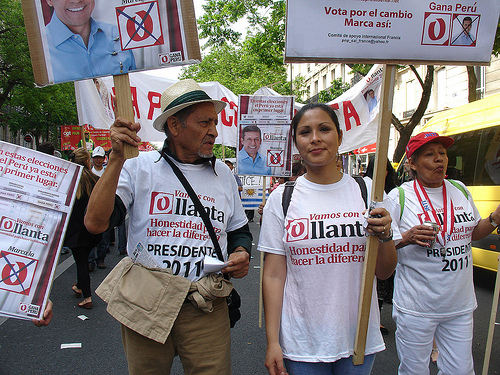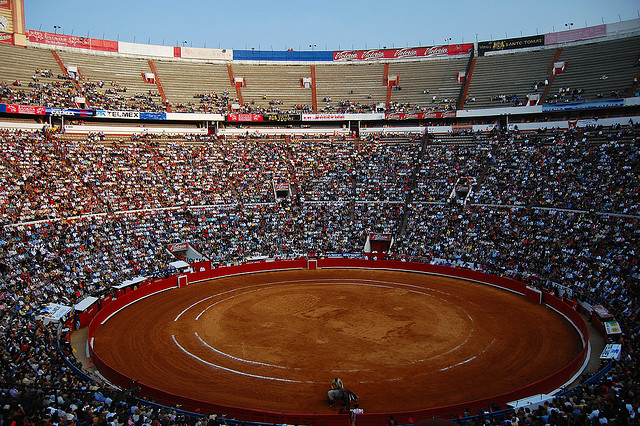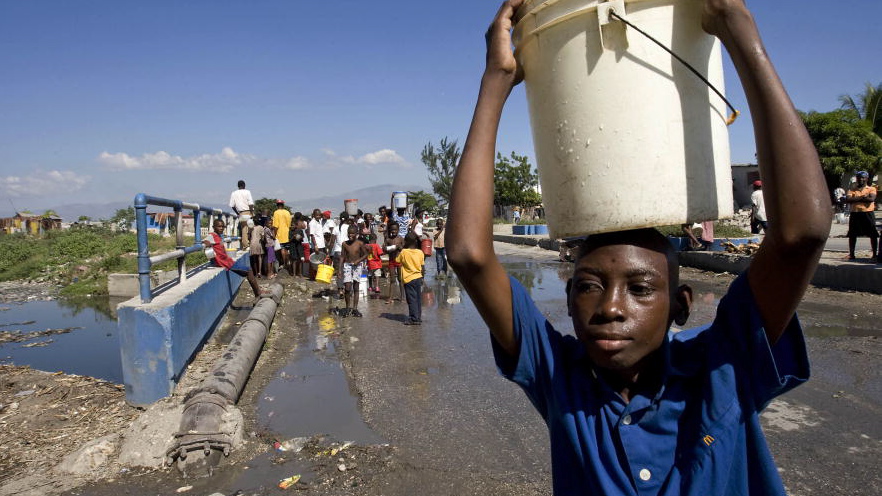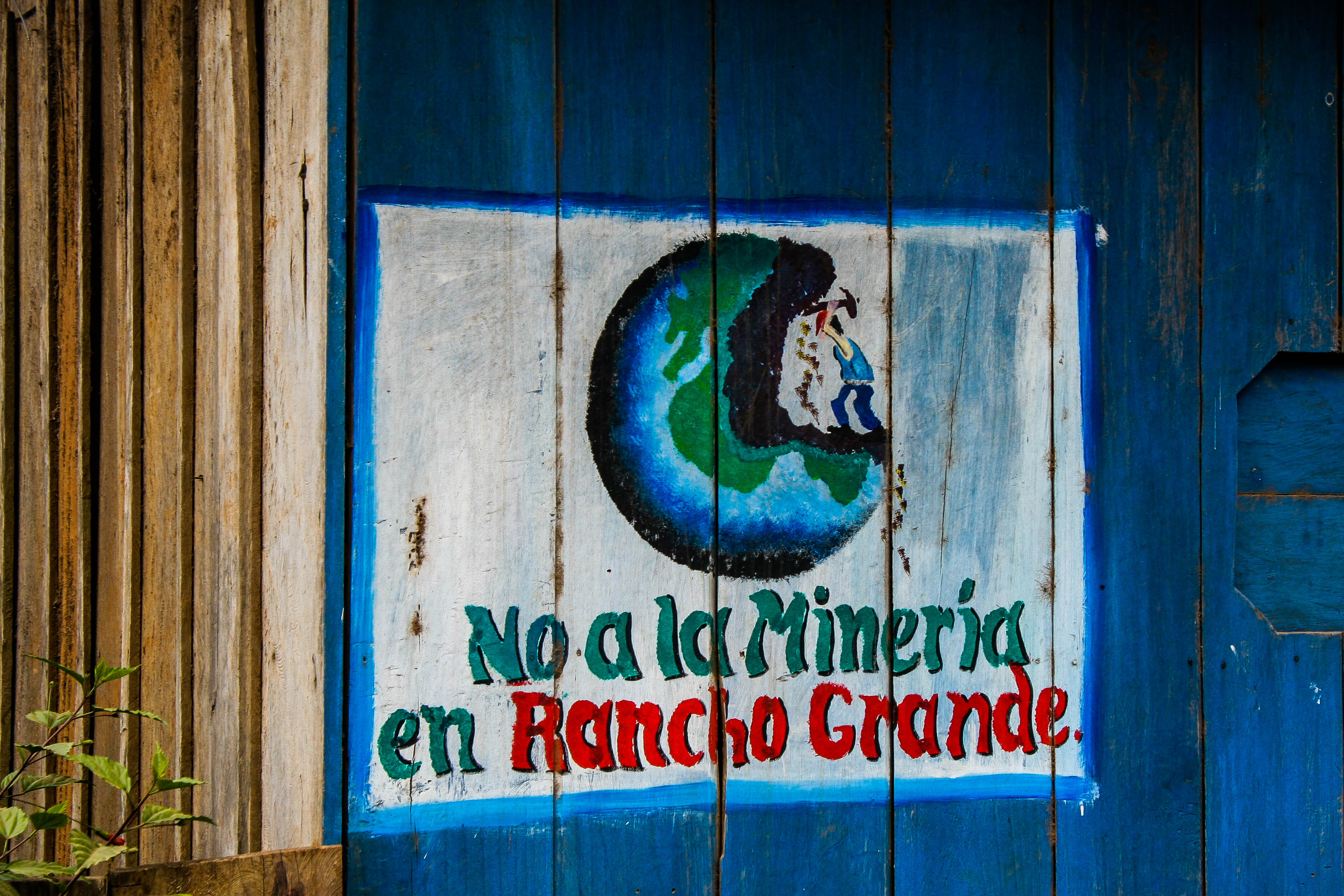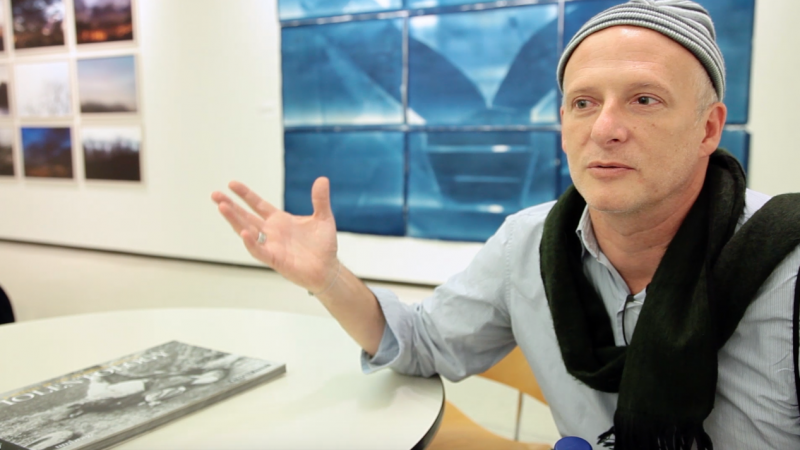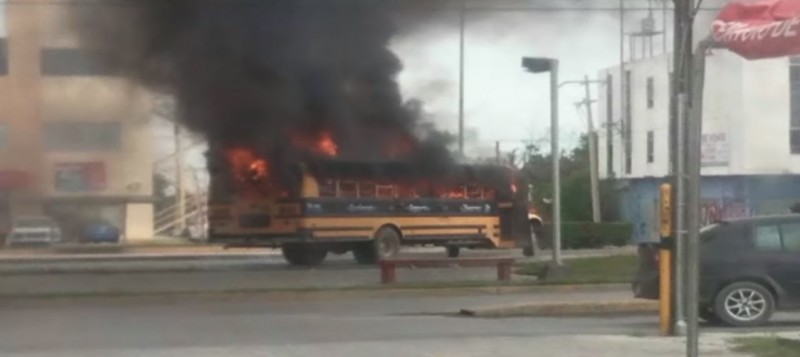
Latin America: Week in Review, Mexico, North America
Mexican Authorities Arrest Cartel Leaders, Sparking Border Violence
April 20, 2015 By Staff
Top Story — Mexico’s government on Sunday announced the arrest of the accused leader of the Juárez drug cartel, just days after apprehending the head of the Gulf cartel, an arrest which sparked an outburst of violence in the border city of Reynosa.
Jesús Salas Aguayo was arrested Friday in the state of Chihuahua, Mexico’s National Security Commissioner Monte Alejandro Rubido told The Associated Press on Sunday. On Saturday, the same official announced the arrest of Gulf cartel leader José Tiburcio Hernández Fuentes.
Hernández Fuentes’ arrest appeared to set off a wave of violence in Reynosa, a city across the U.S. border from the town of McAllen, Texas, where at least three people died in gunfights on Friday. During the violence, gunmen also used burning vehicles to block roads.
The Juárez cartel has declined in prominence in recent years, but its earlier leader Vicente Carrillo Fuentes was a major underworld figure before his 2014 arrest, noted for presiding over an era of unprecedented violence and brutality in the Chihuahua state capitol of Ciudad Juárez.
Just Published in the Latin America News Dispatch
- Activists in Nicaragua have recently captured international attention protesting the country’s transoceanic canal project. Less well known, however, is another project that has drawn strong opposition in Nicaragua: gold mining near the Bosawás Biosphere Reserve, the world’s second-largest rainforest. Max Serjeant reports from Rancho Grande, Nicaragua.
Headlines from the Western Hemisphere
North America
- Three separate media groups in Mexico reported on Sunday that 16 unarmed people killed in January had been executed by members of the federal police, and not as a result of friendly fire, as the government has officially stated.
Caribbean
- Two opposition candidates in local Cuban elections conceded that “they had no chance of winning” after weak preliminary results — dashing the expectation that, for the first time in 40 years, Cuban officials that did not belong to the Communist Party would be elected.
- New York Gov. Andrew Cuomo will be the first U.S. governor to visit Cuba since the historic December 17 announcement that the United States and Cuba would restore diplomatic ties.
- Undocumented immigrants living in the United States continue to purchase Puerto Rican birth certificates, despite an enhanced birth certificate design introduced six years ago to combat the prevalence of birth certificate fraud, reports the Miami Herald.
Central America
- At least nine members of El Salvador’s Barrio 18 gang were killed on Saturday in the city of Zacatecoluca during a deadly crash with the army.
- Lawyers representing Nicaragua at the International Court of Justice in a territorial dispute with Costa Rica have rejected the latter country’s claims that dredging work on the San Juan River led to environmental damage.
Andes
- Despite a skirmish between FARC rebels and government forces in Colombia last week that left 11 army soldiers dead, the two parties appear to be continuing their mutual work clearing land mines in the country, which has some of the highest numbers of land-mine victims in the world.
Southern Cone
- Gunmen killed eight members of a Brazilian football fan club after breaking into the clubhouse in São Paulo on Sunday — a crime that police believe is related to a narco-trafficking dispute, rather than football.
- Argentina has filed a lawsuit against five companies — three British and two from the United States — that are drilling for oil near the Falkland Islands, which Argentina claims are part of its territory.
- Brazil’s Rio de Janeiro state, which is to host next year’s Olympics, had its phone and Internet shut off Friday by telecommunications company Oi after the state accrued $55.7 million in unpaid bills that were due more than three years ago.
